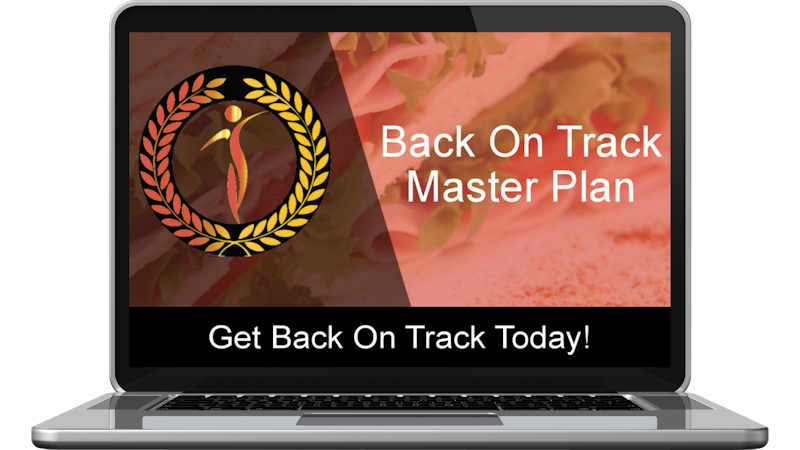So much has been researched and written about mind-body connections, and the way that our minds affect our bodies (as in anxiety, depression, fire-walking), and the reciprocal ways that our bodies affect our minds (as in yoga, exercise, chronic pain, etc). There is no doubt that these two parts ‘speak to one another’, and no doubt that we use both to help and harm ourselves.
I remember, as a very young psychologist, encountering a lady who seemed to be in immense, excruciating physical pain, in her abdomen. She was in such agony that she was sweating bullets, and I could see her stomach writhing under her shirt. It emerged, later, that she was an opioid addict, but her condition was so advanced that her body would actually create very real pain to get its need for narcotics met. I was speechless.
Hunger is no different, for people who struggle to feel and regulate their emotions, and who have learnt, from young, to use food to cope with this. Heart hunger is emotional pain that we dress up as physical hunger, much as this lady was experiencing very real pain to get her addiction needs met. We attempt to resolve this psychic ache with food, quite literally ‘stuffing’ it down. This ‘stuffing’ represents an unconscious, automatic hope that filling ourselves with sugar, carbs and anything else that we particularly enjoy will relieve and release us from the experience in the moment.
As with her stomach ache, heart hunger may feel a lot like true physical hunger, and we may become hungry almost automatically in the face of a trigger or a difficult circumstance, and find ourselves foraging for food, rather than being connected to the demands of the moment.
The Truth About Binging and Hunger
The overeat or binge does actually relieve the heart hunger, in the moment. No one can argue that the chocolate cake or the Cinnabon or the pizza doesn’t take the edge off. But the cruel reality is that it is ultimately unhelpful as a coping mechanism in a number of ways:
- No sooner has the dopamine hit passed, than we invariably fall into some degree of shame, self-loathing, regret and remorse.
- We harm our bodies with excess food.
- We entrench this behaviour as a coping strategy, each time we use it. Resisting it deconditions the behaviour.
- We haven’t effectively confronted and engaged with the initial trigger causing the need for nurture, comfort and escape.
So How Do We Know the Difference Then Between Real and Heart Hunger?
To distinguish between heart hunger and real hunger, we need to interrogate the hunger sensation a little. And this requires a pause. We need a moment to simply experience the feeling. I’ve learnt, as a rule of thumb, that if the pause feels impossible, the hunger is most likely a need to quell powerful feelings. If the hunger is a credible signal from the brain and body that blood sugar has dropped and sustenance is required, it should be far easier to slow the urge down, deliberate, pay attention, and choose wisely.
It's useful, during the pause, to sip on some water, to check if the feeling passes. And to use this hydrating moment to entrench a mindfulness ritual during which you conference a little with yourself. When last did you eat? Where and how do experience this hunger in your body? Has there been any distressing precursor in the preceding moments and hours, seeking relief.
And then to also consider the food being desired. Many nutritionists and coaches argue that if you’re truly hungry, you’ll be as happy with a tuna salad as with a chocolate cupcake.
Caveat:
It goes without saying that we are all in some degree of distress a lot of the time. There’s nothing to say that you can never eat if you're having a crisis in your life, and it’s also somewhat normal to occasionally comfort eat. But, in a process of recovery from obesity (in mind or body), it’s really useful to practice the mindful pause, and at least to reflect on what the true needs in a moment are. We also do really well to increase our tolerance for overwhelming emotion, and learn to ‘hang around in the feelings’, enhancing our capacity, in order to live really effectively.
Bariatric Mind Mastery
It’s profoundly useful, from a bariatric mind mastery perspective, to always be mindful and aware of what purpose we are using the plate of sustenance in front of us for. To fix a biological need, or to fix a feeling. Over time, this mindful self-conferencing becomes a unique gift, as the hunger sensation becomes a portal into our pain, and a vehicle from which to self-reflect, upskill, grow and thrive in all areas of life.

